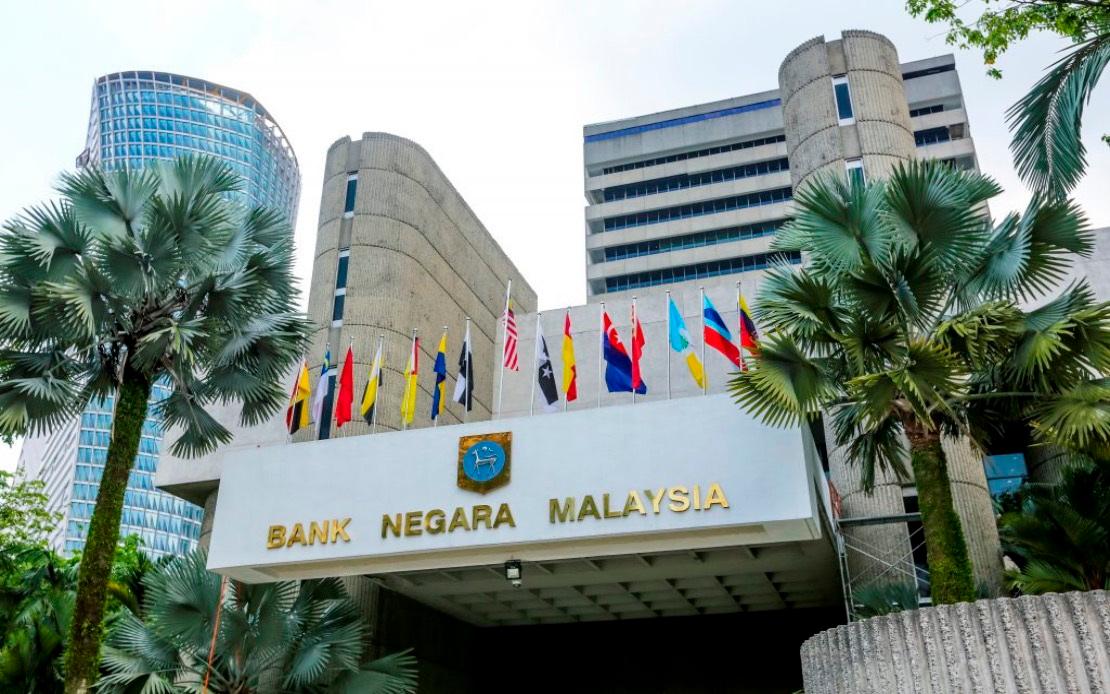PETALING JAYA: Bank Negara Malaysia (BNM) has maintained the Overnight Policy Rate (OPR) at 2.75% as the central bank’s indicators point towards continued expansion in global growth, supported by sustained consumer spending and front-loading activities.
OCBC Global Market Research senior Asian economist Lavanya Venkateswaran, in a report, said BNM’s assessment of growth risks is more balanced than that in July, when it was assessed to be to the downside, while it views inflation risks as contained.
“Our baseline is for another 25bps rate cut from BNM. The timing of the cut, however, is less certain and will depend on the incoming data,“ she said.
BNM said in a statement today the conclusion of many trade negotiations has, to some extent, eased global uncertainty.
The central bank also noted that the global growth outlook would remain supported by favourable labour market conditions, less restrictive monetary policy and fiscal stimulus.
Nonetheless, trade policy developments are still expected to weigh on global growth going forward, as announced tariff rates take effect and the frontloading activity dissipates, it said.
BNM noted that risks remain, though to a lesser degree, with potential triggers including higher, product-specific tariffs and rising geopolitical tensions.
“These uncertainties could increase volatility in global financial markets and commodity prices. On the upside, outcomes from ongoing US trade negotiations and pro-growth policies in major economies could support the outlook,“ the central bank said.
OCBC Global Market Research said BNM’s statement suggests that the central bank would take significant downside surprises to growth for it to move the needle on the policy rate.
“However, we are expecting a slower growth path of 3.5% in 2H25 from 4.4% in 1H25 as the impact of frontloading of exports to the US fades and domestic demand slows modestly.”
This will bring 2025 gross domestic product (GDP) growth to 3.9%, below BNM’s 4.0-4.8% forecast range.
“For 2026, we expect GDP growth of 3.8% as the base effects related to export frontloading activities dampen growth in 1H26, also impacting associated wholesale and retail sectors, even as growth picks up more convincingly in 2H26,“ the bank’s research firm noted.
BNM noted that Malaysia’s economy grew 4.4% in first-half 2025, supported by steady spending and investment, and remains on track for 4.0–4.8% growth this year.
Momentum into 2026 should be sustained by resilient domestic demand, aided by jobs, wage gains and income-related measures.
Ongoing multi-year public and private projects, strong realisation of approved investments, and catalytic initiatives under national master plans and RMK13 will drive investment.
Key uncertainties stem from global developments: downside risks include slower trade, weaker sentiment and lower-than-expected commodity output.
Upside factors include favourable US trade outcomes, pro-growth policies in major economies, continued demand for electrical and electronic goods and robust tourism, which could lift exports and growth.
Headline and core inflation averaged 1.4% and 1.9% in the first seven months of 2025. Inflation is expected to remain moderate through 2025–2026 amid contained global costs and easing commodity prices; core inflation should stay near its long-term average, reflecting steady activity without excessive demand pressures.
The inflation impact of announced and upcoming domestic policy reforms is expected to be contained.
BNM said at the current OPR, the Monetary Policy Committee views the stance as appropriate and supportive of the economy with price stability, and will continue to monitor developments and the balance of risks.









